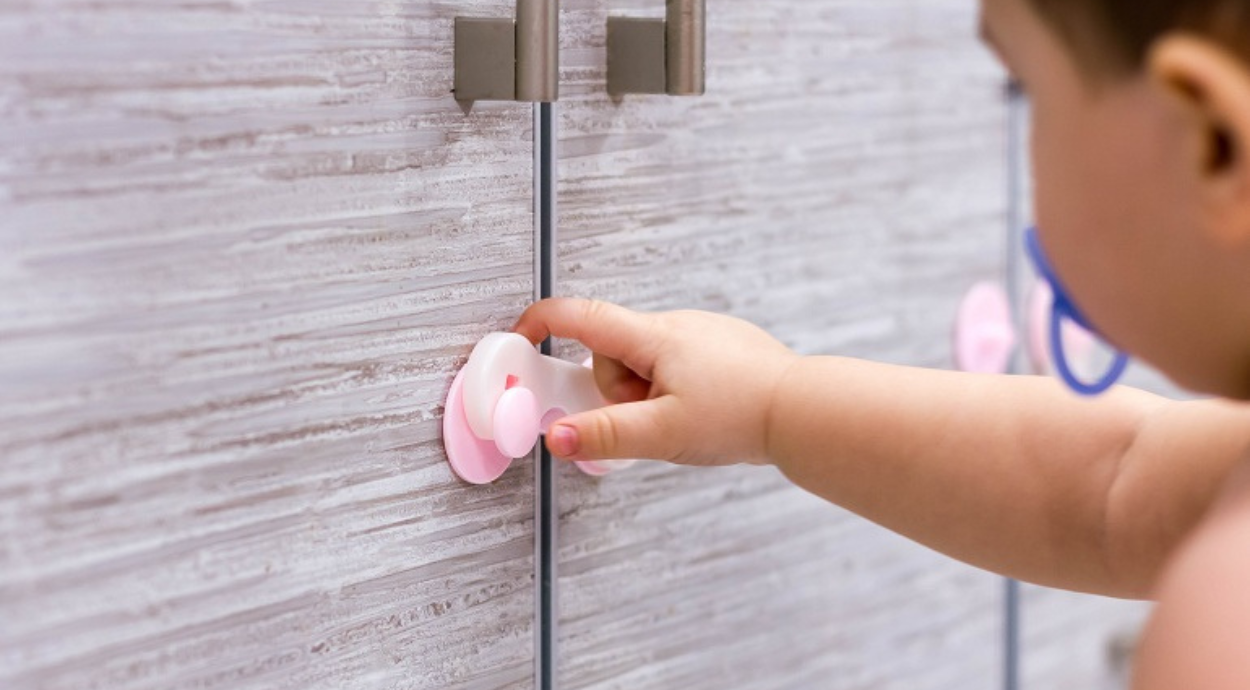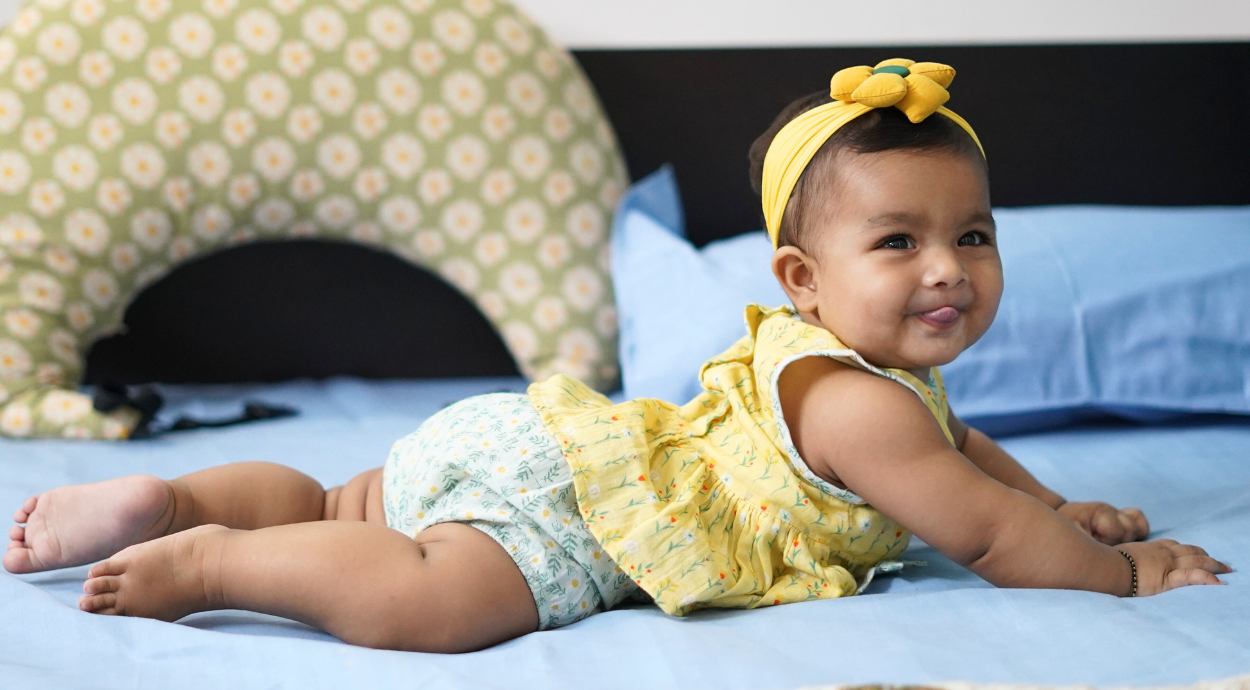Hi new parents!!
This Father's Day, as we celebrate the incredible journey of fatherhood, let's pause and talk about something that often goes unnoticed but is deeply important.
Have you ever heard a new dad say, “I’m not sure I’m doing this right,” or “I just don’t feel like myself lately” or “Am I ready for this responsibility yet“?
It could be more than just new parent jitters; it could be Postpartum Depression. Yes, it’s real even for DADS.
What is Postpartum Depression?
Postpartum Depression is usually associated with mothers, but it’s a mental health condition that can affect fathers, too. It’s a deep, persistent feeling of sadness, anxiety, and fatigue that can interfere with a parent’s ability to bond with their baby, function at home or work, and enjoy daily life.
For new dads, postpartum depression often stems from a combination of emotional pressure, sleep deprivation, financial stress, changing relationships, and a sense of identity loss. And unlike moms, many dads aren’t screened or encouraged to talk about it, which makes it even more isolating.
Signs of Postpartum Depression in New Dads
While every dad’s experience is unique, here are some common signs to look out for:
1. Persistent Irritability or Anger
Dads struggling with PPD often feel overwhelmed by small tasks. This might show up as snapping at loved ones, feeling annoyed all the time, or being unable to cope with everyday stress.
2. Withdrawal from Family Life
You may find them avoiding time with their baby or partner, not because they don’t care, but because they are emotionally drained and unsure of how to reconnect.
3. Feeling Like a Failure as a Parent
New dads might internalize thoughts like “I’m not good at this” or “I’m not needed.” This self-doubt can quickly spiral into hopelessness.
4. Changes in Sleeping or Eating Habits
Trouble sleeping even when the baby sleeps, or sudden changes in appetite, can be a sign that your mental health is being impacted.
5. Lack of Joy or Interest
Activities you used to enjoy may no longer bring happiness. You may feel numb, even when holding your baby.
Why Dads Struggle in Silence
Dads are often expected to “hold it together.” You might feel pressure to be the rock for your family, the financial provider, the calm in the storm. But when these expectations collide with exhaustion, emotional overload, and a huge lifestyle shift, it becomes too much.
Many fathers don’t talk about their struggles because they fear judgment or appearing weak, and also, they mostly don’t know who to talk to or where to start
But the truth is, if you start acknowledging the struggle you are facing, you are taking your first step toward healing.
How New Dads Can Cope With Postpartum Depression
This Father’s Day, if you’re a dad who’s not feeling like yourself, here’s how you can take care of your mental and emotional well-being:
1. Talk About What You’re Feeling—And Keep Talking
Open up to your partner, a friend, or a professional. Talking doesn't mean you have all the answers—it simply means you’re letting someone in, which is a powerful step forward.
2. Don’t Ignore Your Needs
Eat when you’re hungry. Sleep when you can. Shower. Move your body. These may seem like small things, but they’re acts of self-respect that create a foundation for healing.
3. Set Realistic Expectations
You’re not expected to know everything. Parenting is learned over time through patience, trial and error, and teamwork.
4. Create One-On-One Time With Your Baby
Even if it’s just 10 minutes a day, these moments help build emotional bonds and boost your confidence as a father.
5. Seek Professional Help if Needed
Therapists, support groups, or father-focused helplines can offer guidance. You're not alone, and help is available.
How Partners Can Support New Dads
Parenting is a partnership. Here's how moms and partners can support the new dads in their lives:
1. Validate Their Feelings
Let them know that it's okay to feel overwhelmed or unsure. Sometimes, just hearing “I see you” can be enough.
2. Create Space to Share
Ask open-ended questions like, “What’s been the hardest part of today?” and truly listen, without trying to fix things immediately.
3. Share the Load: Emotionally and Physically
Split nighttime feedings, diaper changes, and chores. Fair division lightens the emotional weight.
4. Encourage Rest Without Guilt
Let them take a nap, a walk, or even just a shower in peace. These small moments can make a huge difference.
5. Watch for Warning Signs Together
Keep an eye out for signs of depression in each other, and agree to seek help if things begin to feel heavy.
A Father’s Day Message from Tidy Sleep
To all the new dads out there:
You are doing more than you realize. You’re showing up. You’re learning. You’re loving in ways that words can’t measure. And if you’re struggling, it doesn’t make you any less of a father—it makes you human.
On this Father’s Day, let’s celebrate not just the picture-perfect moments but also the quiet strength it takes to face the hard ones.
Because the best gift we can give our children is a healthy, happy, supported parent.
From all of us at Tidy Sleep—Happy Father’s Day. You matter. Your mental health matters. And we’re here for you.





Leave a comment
All comments are moderated before being published.
This site is protected by hCaptcha and the hCaptcha Privacy Policy and Terms of Service apply.